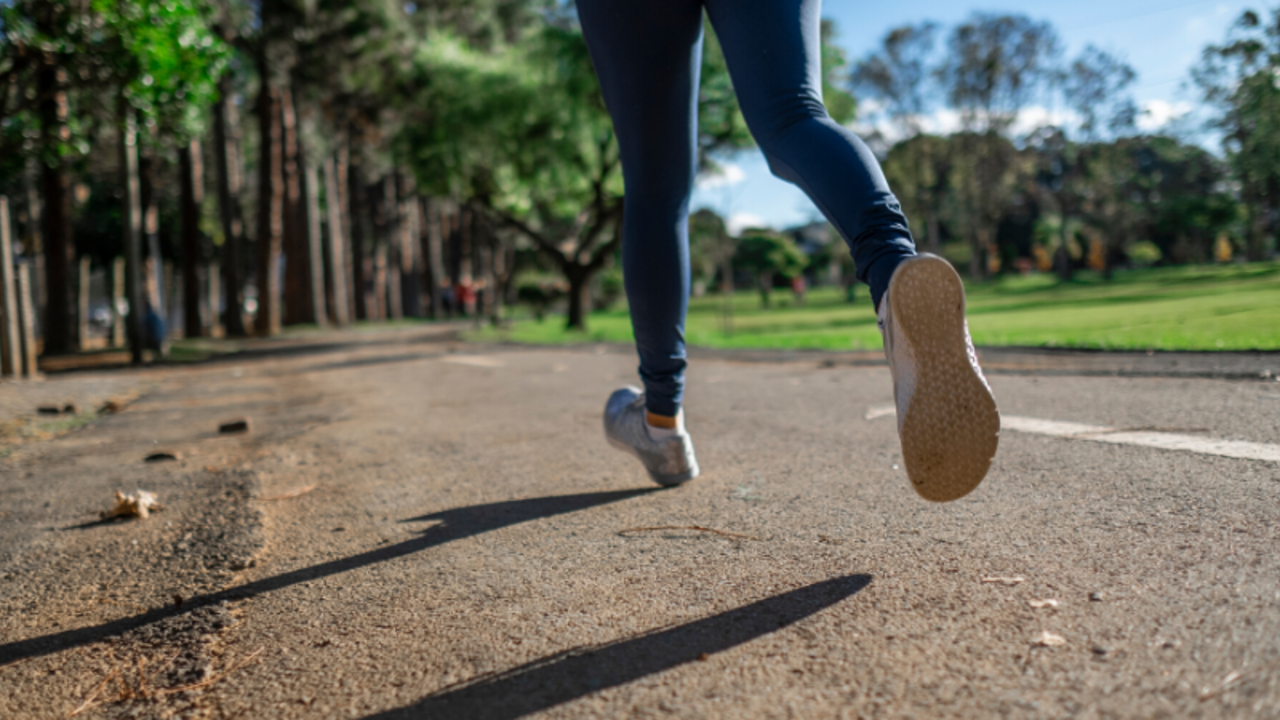Five Part Practice for Achieving Really Big Goals

I’m running the Boston Marathon on April 18th for the first time. I’m very excited. It’s been a really big goal for me since my first marathon in 1995. Since then I have run 15 more marathons in my effort to qualify to run Boston. For those of you not in the running community, Boston is the premiere marathon. Every marathoner I know wants to run Boston. To do so you must qualify by running a previous marathon within a certain time depending on your age and gender. The question for most people at the beginning of each marathon is “will I qualify this time?” (Read my epilogue here.)
So here I am – less than 3 weeks from achieving my really big goal. How did I get here? This is what I came up with on my run this morning. 🏃🏻♀️
1. Discipline
“You can’t cheat the marathon.” I remember these words from my first marathon training program years ago. What it means is that in order to be able to run 26.2 miles (42.2 km) and not get injured you must train and put in the weekly mileage. You’ve got to do the work. Sounds simple. Follow your training plan and all is well. True, and it requires discipline to make it out running when you don’t feel like it, when the only time you can fit it in that day is 5am, or when the weather is bitter cold or wet and nasty. If it’s long run day then you have to get out and do your long run. The other part of discipline is staying the course. Setbacks, repeated attempts and falling off your plan are all part of the learning process. Valuable wisdom comes with discipline when you pay attention.
2. Pay attention
A couple big challenges are completing the training without injury or sickness. The training pushes you to your edges of what’s possible physically, mentally and emotionally. You have to pay attention to the signals such as a nagging pain or significant lethargy. Is it better to take a rest day or run today? It’s a balance between discipline and knowing when to take a break – paying attention and taking time to reflect on your progress and what will best serve you in the ‘long run’. Perhaps it means choosing a yoga class or having a nap.
3. Cross-training
I learned the value of cross training the hard way. I love running and so rarely miss a run on my run days. When I have a lot going on I still won’t miss a run however other activities such as swimming or strength training fall off the agenda. After a few significant injuries that kept me from running for over 6 months each time, I learned that cross training is essential. Cross training can provide the much needed strength and flexibility necessary for endurance. In fact, since I became an active yoga practitioner four years ago, I have been injury free, no longer require orthotics in my shoes and have a lot more energy on my runs.
4. Small goals
Running a marathon is a really big goal. At least for me. I was never much of an athlete growing up and the idea of running a marathon was inconceivable when I first started running. I started with small goals. My first running race was a 10k. I liked it. I ran a bunch more short races. Bit by bit I increased my long runs to the point where I could run about 10 miles. So then I tried a half marathon. I liked it too. I decided to train and see if I could run a marathon. You know the ending to that story already. I continue to run a lot of shorter races because they give me information on how well I’m doing with respect to speed and overall performance. Running well in a 5km race can be just as rewarding as qualifying for Boston.
5. Community
When I decided to run a marathon the first thing I did was sign up for a training program with Marathon Dynamics in Toronto. That was a very wise choice. Not only did I learn a lot about the art and science of running a marathon, I discovered a community of runners who had similar aspirations. We ran long runs together, talked about strategy together, commiserated about injuries together, and celebrated successes together. Over the years I’ve continued to value community including all those people who have been supporting me from the sidelines with encouragement and water bottles!
To sum it up, achieving my really big goal of running the Boston Marathon has been a combination of having a disciplined plan and paying attention to what works and doesn’t work. Integrating cross-training has provided additional strength and capability to facilitate my progress. Setting small goals along the way to monitor my performance along with a community of people with whom to learn and share the experience has kept me positive and optimistic. Now all I have to do is eat well, rest well and look forward to saying “I am running the Boston Marathon” at the starting line.
What really big goals have you had? How did you achieve your goal? What got in the way? What did you learn? Please share your experiences below.

